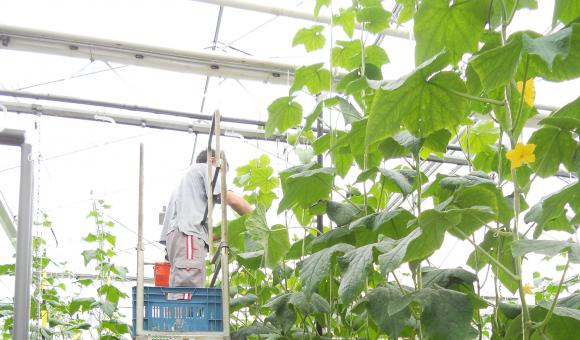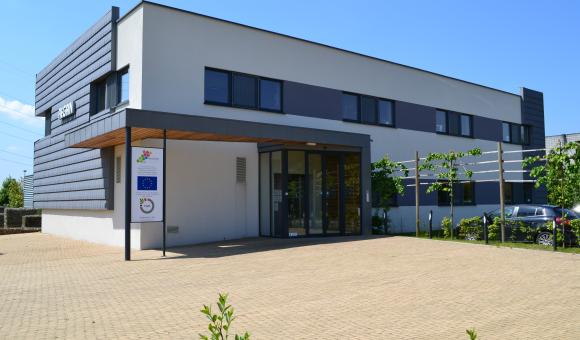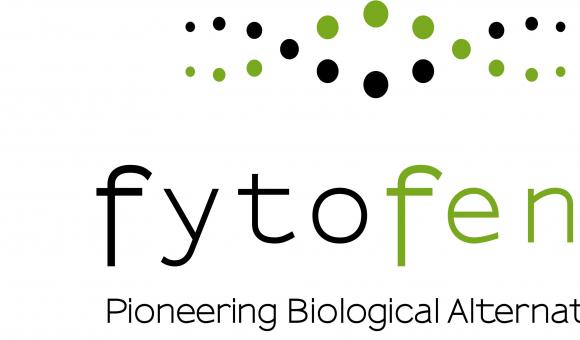
The quality of applied research plays a crucial role in the transfer of results to industry.
Quality goes hand in hand with reliability. Whether in relation to an experiment, a product or a service, today it is must be possible to identify the pathway – i.e. the traceability of a process that leads to an outcome.
In an experimental laboratory active in cutting-edge biomedical or pharmaceutical sectors, but also in areas of activities that could be considered less sensitive, “best practices” require the recording of the sequences or manipulations directly related to the products or the different phases of the Walloon manufacturing process.
Eager for very many years now to support these “quality” efforts of the research centres of universities and higher education institutions, along with the various innovation actors, the Walloon Region, with the support of European programmes, has developed incentive policies offering both certification tools, but also tools designed to disseminate quality management.
Besides the remarkable work of the "Walloon Movement for Quality" we can mention – one initiative among others in the field of training – the Advanced Master in Total Quality Management, offered at the U-Mons.
This university degree is one of the few within Wallonia-Brussels to cover the entire field of Quality Management.
The two-year course was the first of its kind to be launched in 1989 by the Polytechnic Faculty of Mons.
Today, incentive policies are indispensable to enable innovation actors, whether active in fundamental or applied research, to sign up for public or private Research & Development programmes, at regional, national or international level.
Mirval
Furthermore, when it comes to research, upgrading of manufacturing processes and integration in Research and Development programmes, it is clear that the best practices that implement appropriate quality management tools contribute to a process of continuous improvement.
Another important aspect of an effective "quality" approach is the interface that must, at one time or another, be nurtured with and benefit the business world.
With the support of the “2007-2013” Structural Funds, the MIRVAL project, which pools the efforts of the three university Academies and higher education institutions, has made it possible, on the scale of Wallonia, to network, and thus to mobilise the expertise and research results of the Development Centres for the intention of SMEs.
Fytofend: process-driven innovation
Founded in 2009 at the Research Unit in Plant Cellular and Molecular Biology of the University of Namur (Louvain Academy), Fytofend manufactures and markets an active substance whose function, after spraying, is to stimulate plant defence.
This innovative Walloon product, developed after a long decade of research by the teams of Professor Van Cutsem, also majority shareholder of Fytofend, helps the plant to fight, for example, against grape downy mildew or late potato blight, apple scab and grey rot on potatoes.
A doubly patented substance (the product itself but also its formulation), the product is awaiting imminent approval for the European market, but is already marketed, in thousands of litres, on other continents.
"Our manufacturing processes are continually optimised and the multiple quality controls that we perform throughout the manufacturing process are based on cutting-edge technologies," says Raffael Buonatesta, CEO of Fytofend.
“Quality” control equipment available within the Namur laboratories that saw the birth of the spin off, hosted in Isnes, at the Créalys park in Gembloux.
"Mass spectrometers or very high precision chromatographs that are necessary to check, upstream, the quality of our raw materials but also downstream, before delivering the active substance to customers," as a Fytofend spokesperson is quick to point out.
Suffice it to say that quality, at all stages, is at the heart of the concerns of the five people employed today in the labs of this very small company in Namur.

